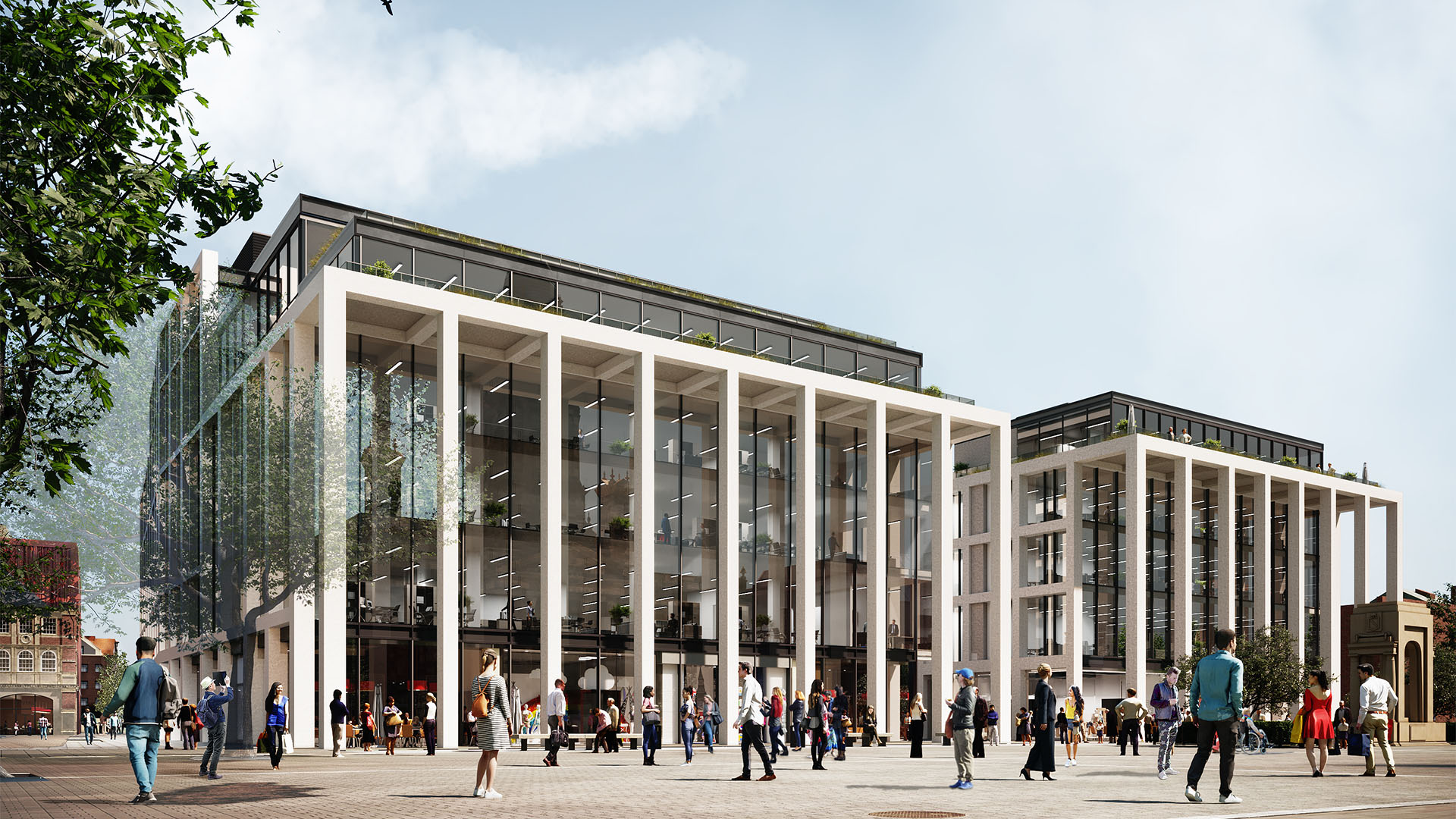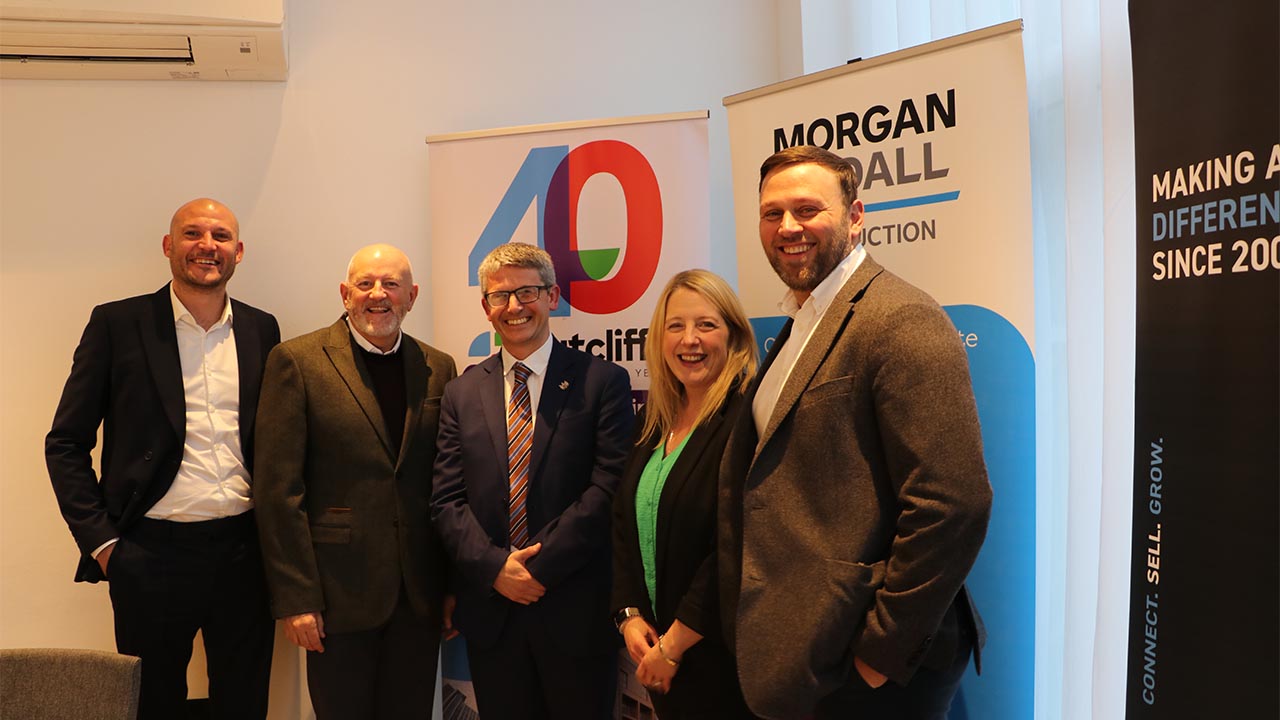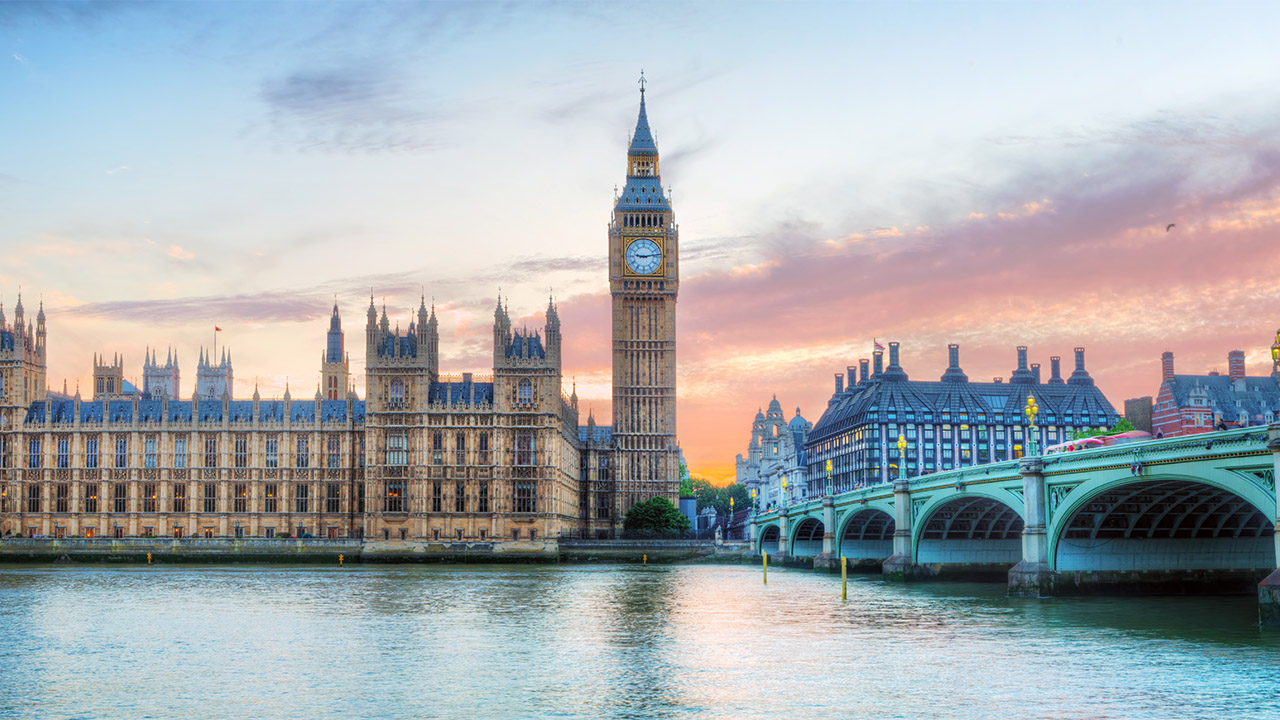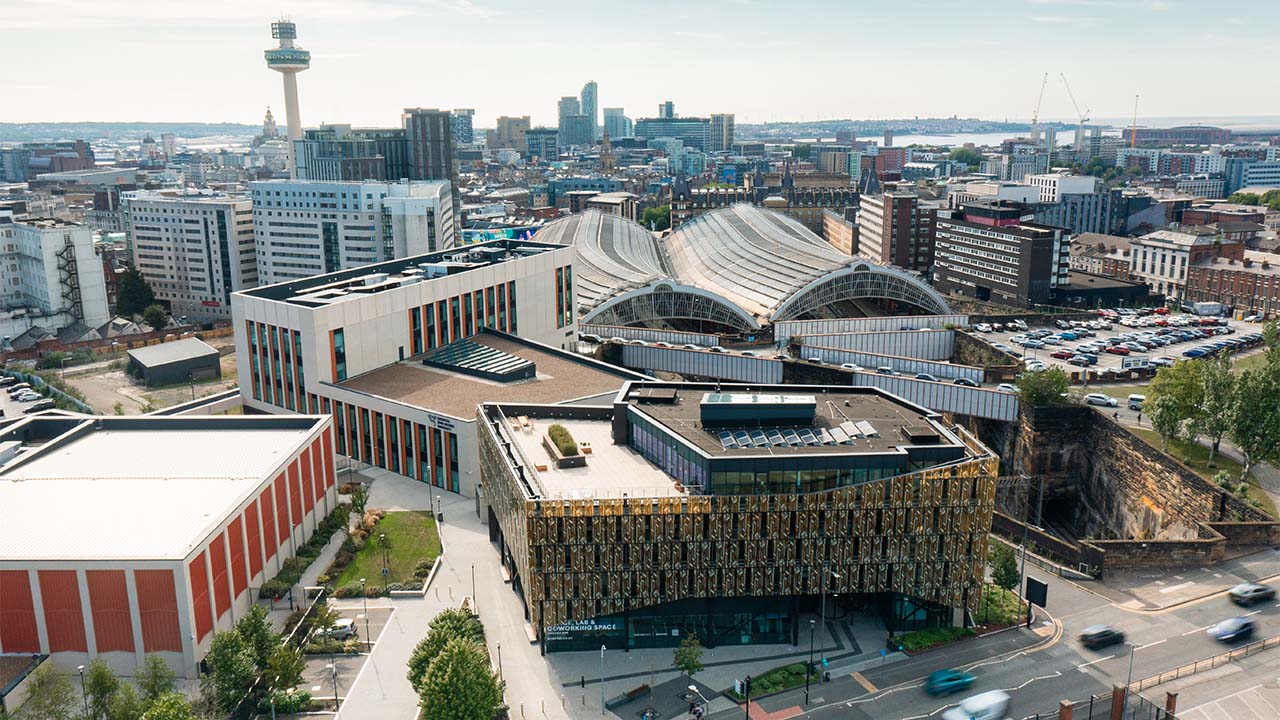Socio-economic changes caused by the COVID-19 pandemic have been accommodated by Bolton Council and its developer partners to ensure the delivery of the £1bn masterplan to transform the town centre by 2030, according to new analysis by Deloitte.
The investor prospectus commissioned by the council shows how its Vision 2030 programme will address economic and social change caused by the pandemic, allowing the town to fulfil its economic potential in the next decade and beyond.
The Deloitte prospectus examines how the council is working with its developer partners to respond to trends affecting its six landmark mixed-use schemes or ‘strategic intervention areas’ at Trinity Quarter, Church Wharf, Crompton Place/Bolton Victoria Square, Croal Valley, Cheadle Square and the new Blackhorse Street-Bolton Digital City.
Deloitte says Bolton’s town centre schemes “present an opportunity for remodelling the urban environment to better meet the demands and needs of a post-COVID society”.
The report says the mixed-use nature of the six schemes will contribute to Bolton’s economic recovery by providing the infrastructure required by people increasingly wanting to work, shop and play local post-COVID-19.
Bolton, says the report, may benefit as ‘going local’ presents future opportunities: “Town centres may become home to new spaces offering touchdown space for working collaboration, providing an alternative to both travelling to the regional centre and traditional office space.”
The diverse and flexible nature of the schemes that will deliver offices, co-working space, homes, retail and leisure over the next decade allows Bolton Council and its partner developers to accommodate widespread socio-economic change caused by COVID-19, such as:
• providing purpose-built large office floorspace to accommodate pandemic workspace guidance such as social distancing;
• including co-working space to reflect increasingly agile and flexible working trends;
• reducing retail floorspace and diversifying the high street offering;
• providing homes in close proximity to services, retail and workspace;
• improving public open space and increasing cycle routes and storage;
• meeting an increased need for digital opportunities by creating a ‘super-connected digital city’ including a digital hub ‘where businesses and people can thrive’;
• providing new and improved town centre attractions to attract people to an enhanced cultural offering.
By 2030, Bolton’s regeneration programme will have provided 1,700 homes and 4,411 full-time equivalent jobs; injecting £487.5m of gross value added (GVA) of additional economic activity. The council also forecasts an increase in the town centre population from less than 2,000 to more than 6,000 and an additional £48.7m of household spending, an annual boost of £7.3m to the visitor economy, helped by more green space and improved connectivity including four cycle schemes in the GM-wide Beeline network.
Bolton Council is also progressing multi-million pound bids to the Government’s Future High Street Fund and Towns Fund, contributing a potential £75m to regeneration projects across the borough.
The University of Bolton is less exposed than other universities to reductions in international student numbers due to COVID-19 and is well positioned to achieve its target of 20,000 students by attracting more students who want to study closer to home.
Simon Bedford, partner at Deloitte and head of the firm’s local government development team, said: “Bolton Council remains committed to delivering its plans for a redeveloped town centre and continues to engage with developers and investors to understand the implications of the pandemic on committed and emerging schemes within the six identified opportunity areas.
“Local retail centres will have a role in driving future economic recovery as consumers increasingly choose to buy local, supporting local businesses and supply chains post COVID-19.”
Councillor David Greenhalgh, leader, Bolton Council said: “The flexible and adaptable nature of our six mixed-use schemes, and the commitment of our developer partners, means we remain on course to deliver a transformed town centre by 2030.”









